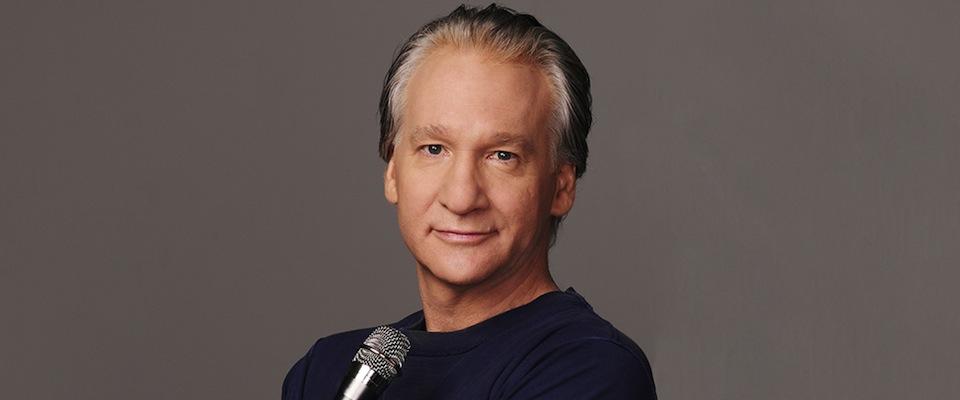While most of us like to think we come by our beliefs independently, new research out of Berkeley suggests otherwise.
In the study, published in Open Mind, some 600 participants were given a series of 30 statements ranging from “the Earth is flat” to “HIV causes AIDS” and asked to rate how strongly they believed them. Then they were shown how many others believed those statements and asked to reevaluate. The study found that subjects tended to adjust their level of certainty in response to what others believed.
“It makes a lot of sense that we use how popular a belief is in the world to guide how believable we think it is ourselves,” said lead author and developmental psychology graduate student Evan Orticio, Ph.D. ’25. “But where things can go wrong is on these online environments, where you don’t really get a representative state of the world.”
For one thing, internet algorithms are designed to promote more provocative stories to generate traffic, all but assuring that misinformation spreads faster than the truth.
What to do? In addition to flagging misinformation as false, Orticio urges social media platforms to hide the number of likes, retweets, and shares the content has. “That number, conveying how popular the belief is, can lead to unwarranted certainty about the belief itself,” he explained.
Orticio also feels that more needs to be done to make content moderation more equitable. Facebook, for example, devotes almost 90 percent of its budget for flagging misinformation to English-speaking North Americans, despite the fact that they make up less than 10 percent of daily active users.
That could have serious repercussions—for example, in public health. Orticio noted that unchecked misinformation could lead to greater antivaccination sentiment among non-English speakers.
He stresses that the problem is not about individual failings. “It’s just that we have too much to learn and not enough time to do so. This is just naturally how our belief formation mechanisms work.”
…
California magazine is an editorially independent non-profit magazine. We need your support to keep producing award-winning journalism about the world of Berkeley and Berkeley in the world. Please consider a donation in any amount. Fiat Lux and Go Bears!




















